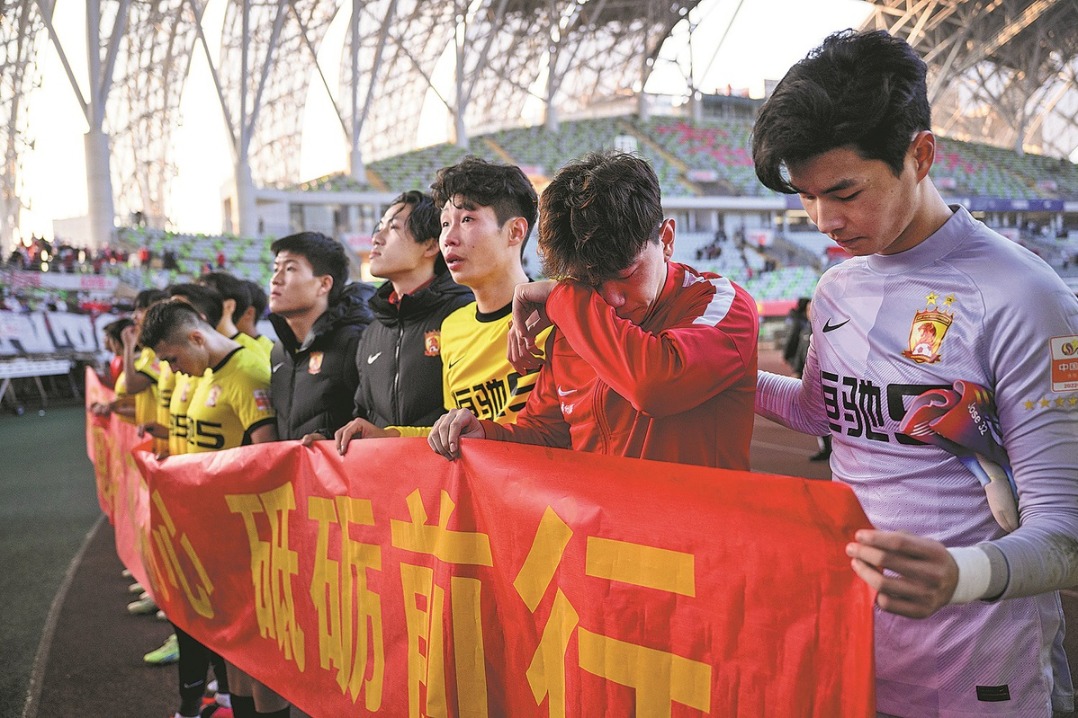Civil servant takes pride in language role at games

Serving the city she loves by participating in the Chengdu FISU World University Games is an experience that Li Anxi will never forget.
Li, a staff member at the Department of Foreign Affairs and Liaison of the Executive Committee of the Chengdu FISU World University Games, still feels excited when she recalls the moment the Sichuan capital won the bid for the FISU Games.
It was in December 2018 in Braga, Portugal, when Li — who was working as an interpreter for Luo Qiang, Chengdu's mayor at the time — witnessed the FISU Steering Committee give Chengdu the hosting rights.
"We were so excited and proud, as it was the first time not only for Chengdu, but for western China to win the bid for a world-class multisport event," she said.
In the preparatory phase for the Chengdu games, Li joined the department. She was mainly engaged in the translation of documents for the games and in the English training for event workers.
For Li, what made her truly realize her self-worth was an oral English training program titled "Learning English With the Chengdu FISU Games".
To better serve the athletes and officials attending the games, the executive committee launched the program in January. It included three phases of English training.
The program was open to executive committee staff members who would serve in key roles during the games, including the handling of arrivals and departures, registration, transportation support and medical services.
Responsible for phase one and phase three of the training, Li started by launching a 21-day reading habit-forming project, leading workers to read English every morning.
"Morning reading has been a habit of mine for years. It is of great benefit to improve my oral English, and I enjoy it very much, so I wanted to share it with them," she said.
Li was worried that no one would come at the very beginning, as for many adults, studying can be a burden. To her surprise, the first day was a success, and the reading room was filled with people.
In order to influence more people, she set up a WeChat group in which she would send her morning reading materials every day. For those who couldn't make it to the reading room, Li recorded the audio of her morning reading and sent it to the group.
The group, which can have up to 500 people, was full before long, and Li had to set up another one.
The second group not only welcomed executive committee staff members, but also attracted other workers serving at the Chengdu games, including chefs and drivers. The group grew to more than 400 people.
"If you do something with your heart, others will feel it and recognize it," Li said, adding that many people are sharing the reading materials in other chat groups, encouraging more people to participate in the project.
In the third phase, which started from the 100-day countdown until the opening ceremony, Li sent a bilingual sentence in both Chinese and English each day to the WeChat groups, highlighting the technical terms for the Chengdu FISU Games.
She was also glad to participate in the compilation of a bilingual brochure called 100 FISU Games Sentences for Citizens, which was included in the gift package that Chengdu gave to its residents for free.































